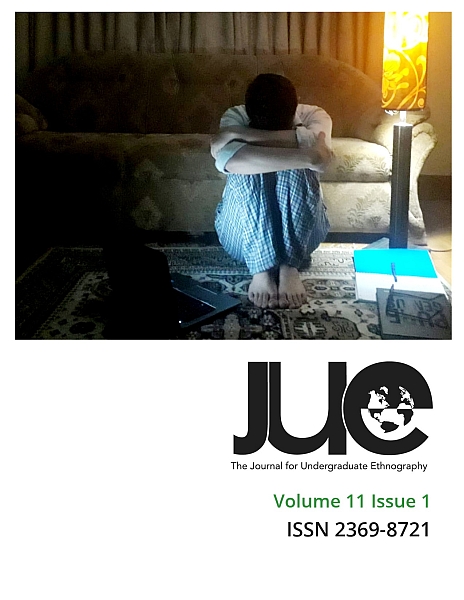Medicalization and Fear: A Midwifery View of the Phenomenon and the Backlash
DOI:
https://doi.org/10.15273/jue.v11i1.10868Schlagworte:
birth, medicalization, midwifery, women‘s health, United StatesAbstract
The phenomenon of medicalization in the United States is something that midwives must deal with on a daily basis, and it has far-reaching consequences for women‘s health. This article examines the culture of birth in the U.S. and how medicalization has manifested itself as a social norm from the perspectives of working certified nurse midwives in hospitals and birth centers. It explores the philosophy of the medicalized birth, the impact of technology on the perpetuation of medicalization in United States‘ culture, and the fear of this phenomenon that midwives are starting to see in practice, which adversely affects their work. This article argues that advances in and dependence on obstetrical technology have enabled medicalization to continue and created a response of fear from women who worry this phenomenon will negatively affect their birthing experience. My research demonstrates that midwives recognize that the dominance of technology in health care has shaped not only how birth has become medicalized, but also how women are responding to this “technocratic birth” and how navigating women‘s fears about hyper-medicalization has become a central part of midwives‘ practice. Through Michel Foucault‘s theory of biopower and Robbie Davis-Floyd‘s idea of the “technocratic birth,” this article explains how medicalization depends on technology and why midwives are seeing an adverse reaction from women who fear these trends.


